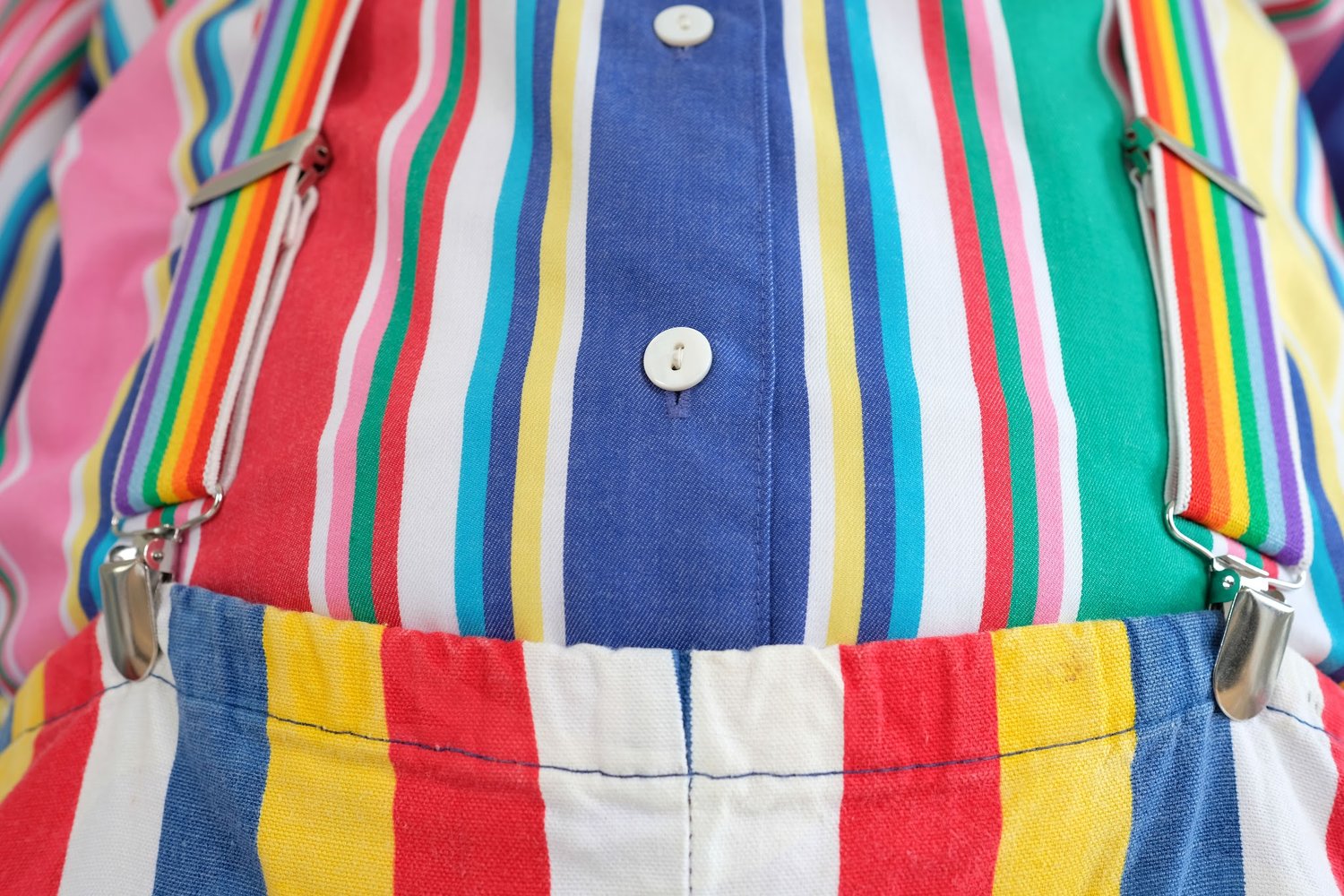Write4U
Valued Senior Member
I think this may turn out to be a very interesting test of AI ability for abstract thought.
That's funny -- but AI models don't get the joke
Date:July 31, 2023
Source: Cornell University
https://www.sciencedaily.com/releases/2023/07/230731122233.htm
To understand a joke you need a general understanding of what is a normal experience and what about abnormalcy can be funny. This is usually associated with biology . But can AI learn to make a distinction between normal and different in a "funny" way?
That's funny -- but AI models don't get the joke
Date:July 31, 2023
Source: Cornell University
Large neural networks, a form of artificial intelligence, can generate thousands of jokes along the lines of "Why did the chicken cross the road?" But do they understand why they're funny?
Using hundreds of entries from the New Yorker magazine's Cartoon Caption Contest as a testbed, researchers challenged AI models and humans with three tasks: matching a joke to a cartoon; identifying a winning caption; and explaining why a winning caption is funny.
https://www.sciencedaily.com/releases/2023/07/230731122233.htm
To understand a joke you need a general understanding of what is a normal experience and what about abnormalcy can be funny. This is usually associated with biology . But can AI learn to make a distinction between normal and different in a "funny" way?





